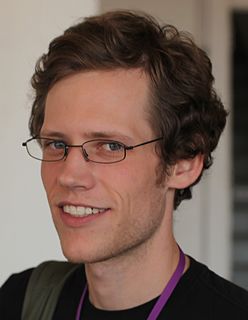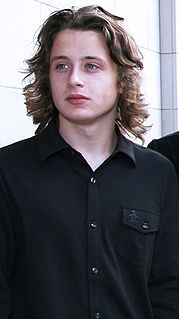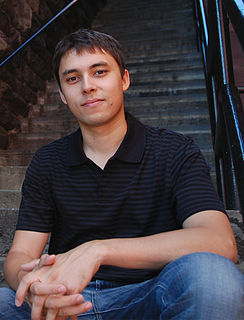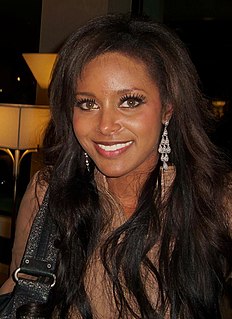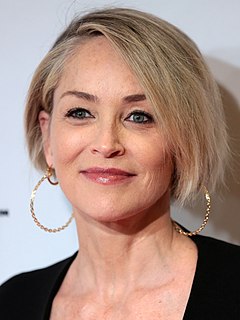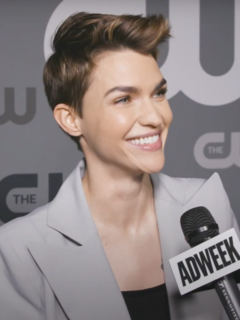A Quote by Christopher Poole
I didn't want my parents to know about 4chan at first because of the adult content. By the time I was 18 and could talk about it, the site had become notorious for its exploits and the adult content on there.
Related Quotes
I was incredibly impressed with HOTorNOT, because it was the first time that someone had designed a website where anyone could upload content that everyone else could view. That was a new concept because up until that point, it was always the people who owned the website who would provide the content.
